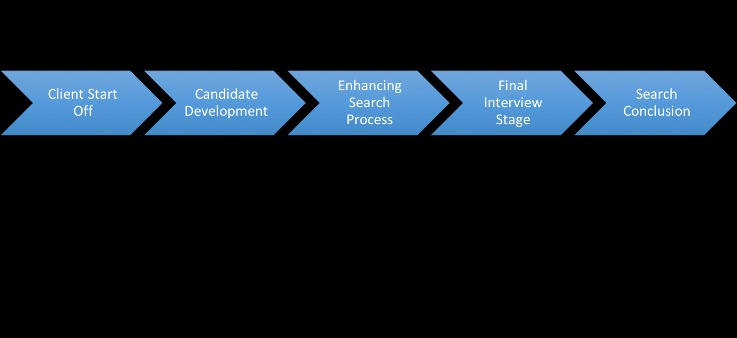In today’s competitive job market, organizations are more cautious than ever when it comes to hiring new employees. One important aspect of this diligence is Pre Employment Screening. This essential step helps employers verify the qualifications and integrity of potential candidates. Let’s delve into the various facets of pre-employment screening and understand its significance in maintaining a secure workplace.
Elements of Effective Pre-Employment Screening
Pre-employment screening is not a one-size-fits-all process. Different job roles and industries require varying levels of checks to be conducted. Here are key components often included:
- Background Checks: These checks are fundamental to the screening process, providing insights into a candidate’s criminal record, employment history, and educational qualifications.
- DBS Checks: The Disclosure and Barring Service in the UK offers essential checks to ensure that individuals are not barred from working in specific sectors, particularly those that involve vulnerable groups.
- BPSS Security Standard: The Baseline Personnel Security Standard is a government guideline aimed at ensuring compliance for roles involving access to sensitive information.
- BS7858 Security Standard: Designed for the security sector, this standard outlines comprehensive vetting procedures to ascertain a candidate’s suitability.
Importance of Pre-Employment Screening
Pre-employment screening mitigates risks such as fraud, data breaches, and workplace misconduct. By thoroughly checking a candidate’s background, companies can ensure that they are bringing in trustworthy individuals who are well-suited for their roles.
Frequently Asked Questions
- Why is pre-employment screening critical to businesses today?
It helps protect the integrity and reputation of a business by ensuring only qualified and reliable individuals are hired. - How does the BS7858 Security Standard differ from BPSS?
While both standards focus on background checks, BS7858 is specific to the security industry, emphasizing thorough vetting, whereas BPSS is a broader standard for government roles requiring security clearances. - What roles typically require DBS checks?
Roles involving work with children or vulnerable adults often necessitate DBS checks to ensure the safety and security of these groups.
To learn more about Pre Employment Screening and its various components, visit Vetting Hub. This step-by-step guide to background checks will help you understand the intricacies involved in safeguarding your organization against potential risks.



